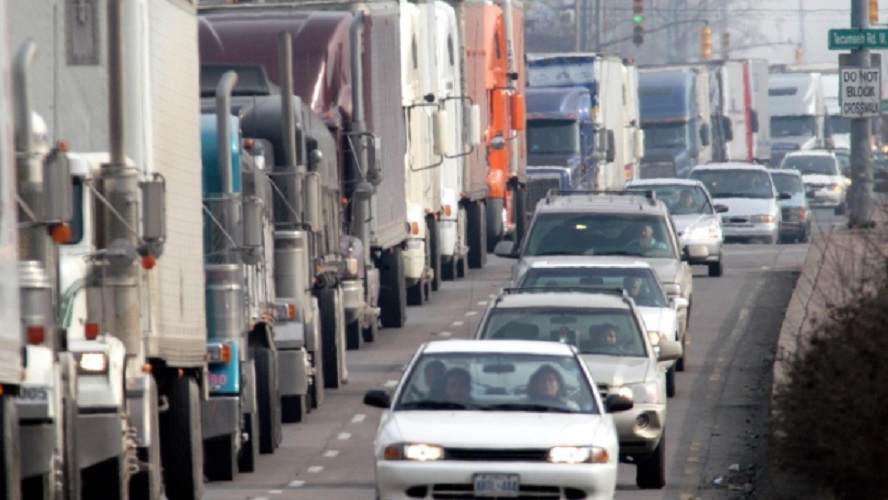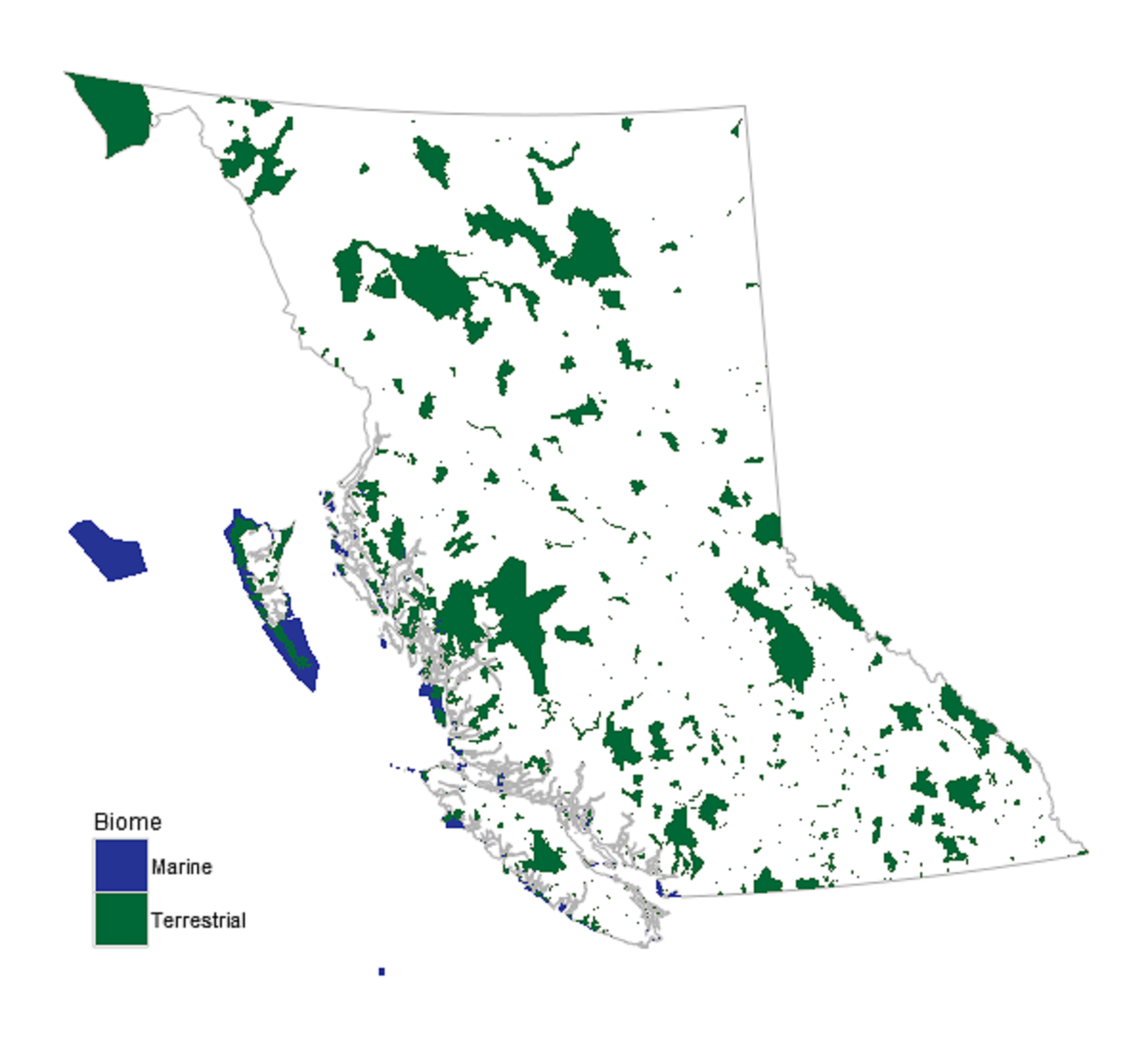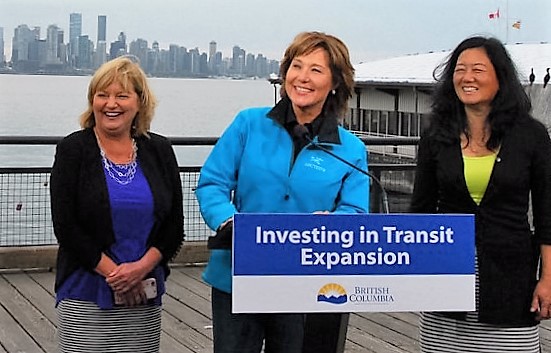According to local real estate agents for Royal LePage, property values have doubled in less than a year in some parts of Vancouver due to foreign real estate investment.
“The luxury market has been driven purely on the demand from investors and the appeal is the perfect storm of geographical appeal,” stated Jason Soprovich, who specializes in the West Vancouver market. “Low interest rates, very low active listing rates and pent up demand.”
“[In West Vancouver] we’ve seen properties double in value over the past eight, nine months,” he said. “In the British Properties, some properties we saw listed 8 months ago at $2.4 million are now selling at $4.5 million.”
Most buying was from a single source, he said, agreeing with other Vancouver real estate agents: Mainland China.
Others have noted that Chinese buyers who live in China make up at least one-third of buying in the area, which is in addition to Chinese buyers who reside in Canada — a demographic for which there are no clear statistics.
The shortage of affordable housing in the Vancouver area is causing people to leave, some creating a notable trend of buying houses as far east as Chilliwack and some moving to other provinces.
Responding to comments made by B.C. Finance Minister Mike de Jong, who has stated that he was himself “biased” in his belief that foreign buyers are not the main factor in what is taking place in the Lower Mainland real estate market, Soprovich said, “It’s naive to think there hasn’t been a lot of investors moving into this part of the country – there is and it has had a major affect.”
Soprovich recommended levying an extra property tax on foreign buyers, which would, he said, deter some buying, but, “If this large number of people are influxing into the city are coming to city and using infrastructure, there needs to be some level of taxation.”





